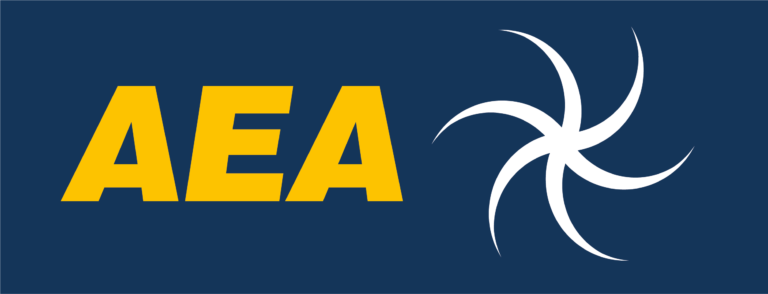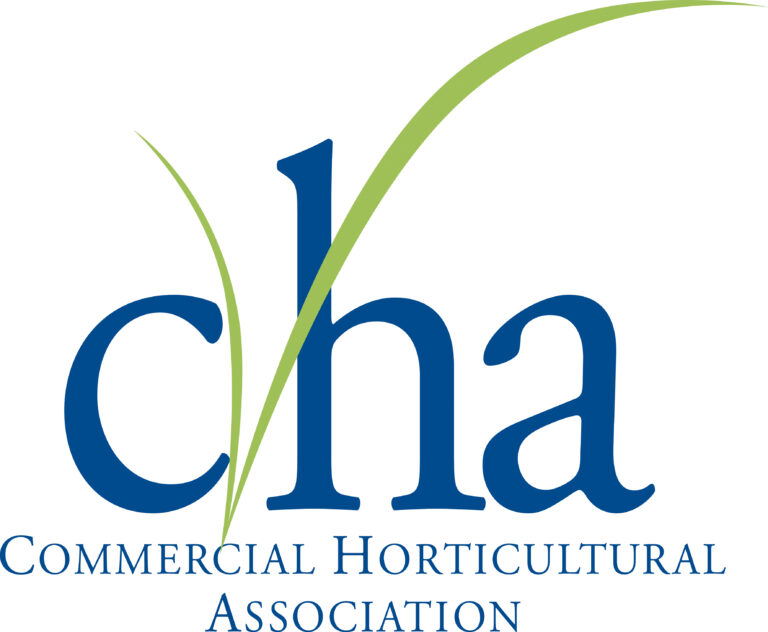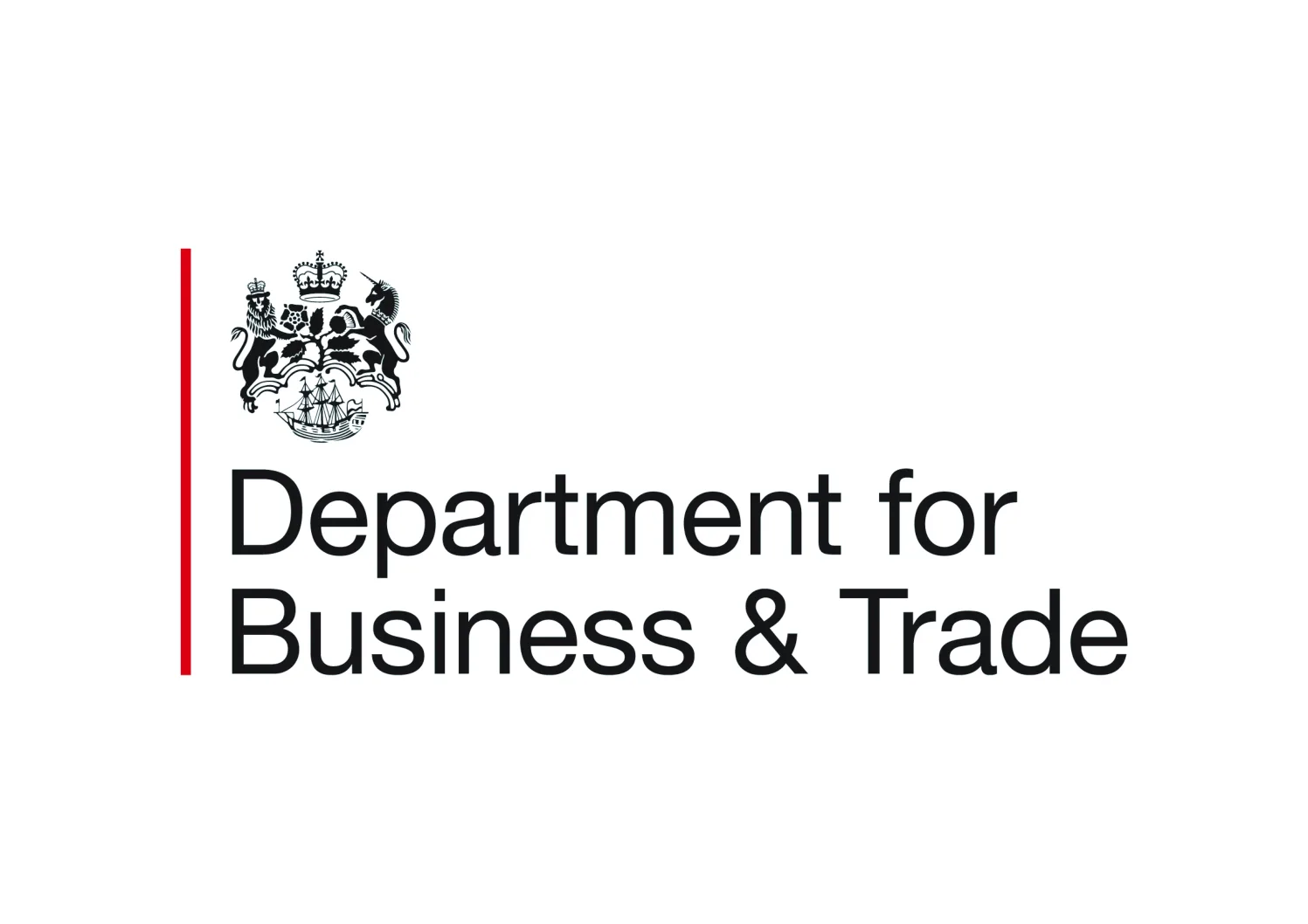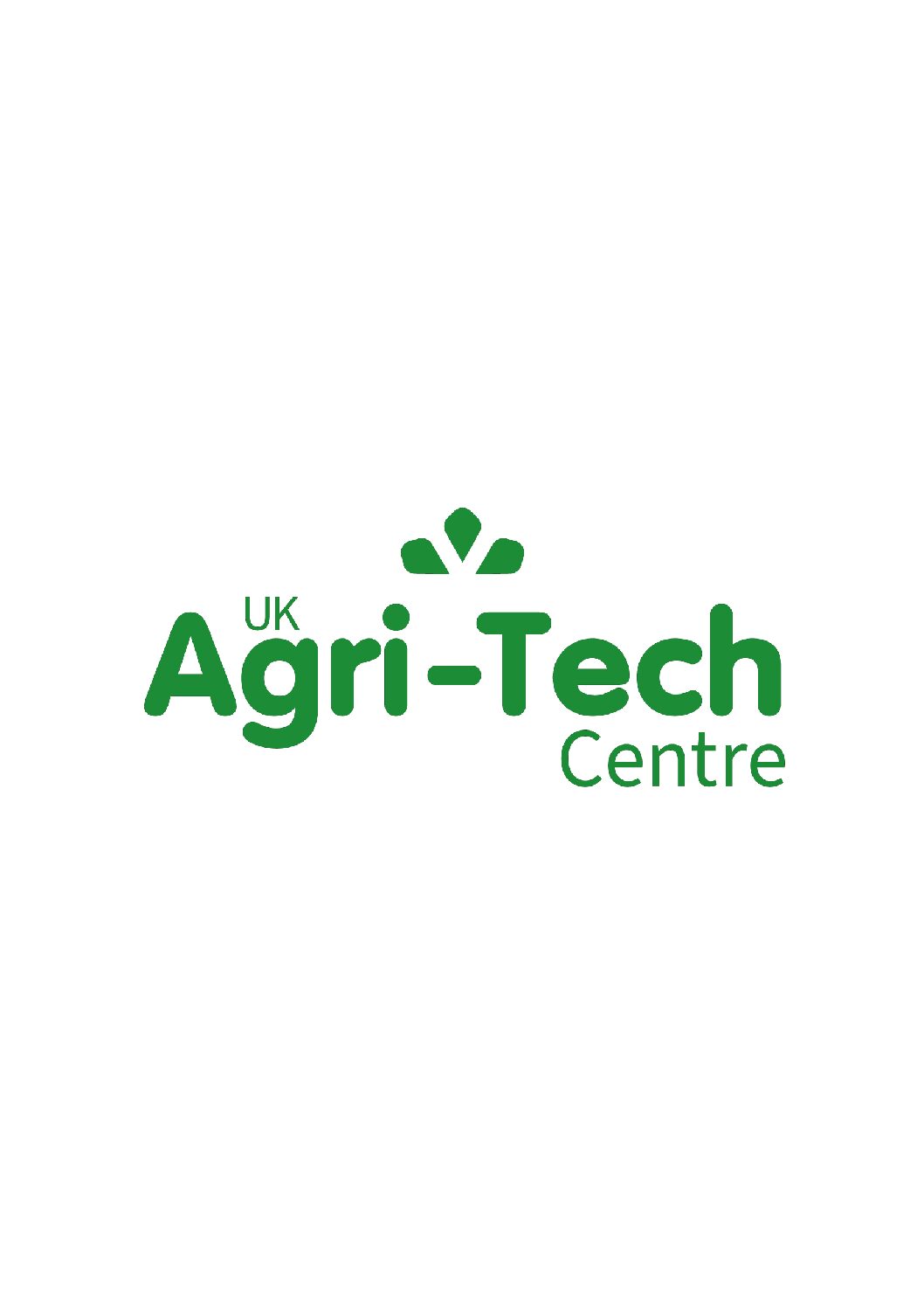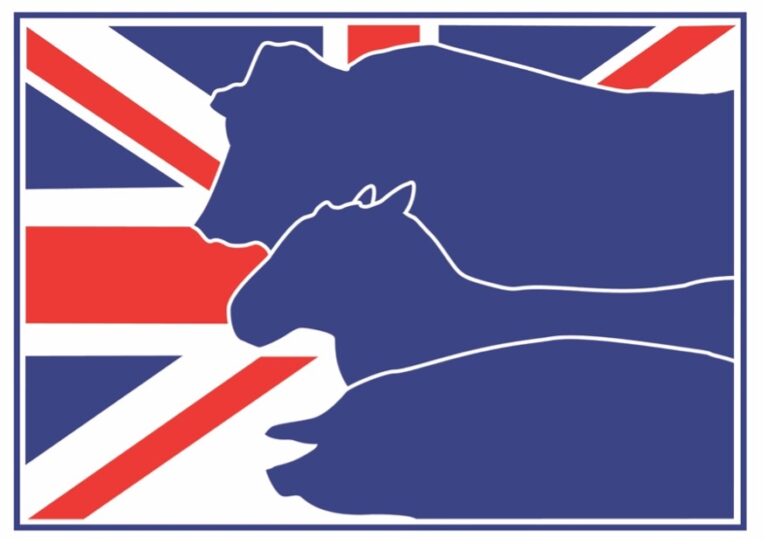Norwich-based Haley Farley is a designer by nature, experienced in fashion, home interior, upholstery, and landscaping. Whilst travelling and seeing first-hand the difficulties water challenged communities faced, an idea was born. This saw the beginnings of collaborative work with organisations such as the Hethel Engineering Centre and the University of East Anglia, to arrive at what is now a complete food-growth system.
The system was originally designed to solve food insecurity and water scarcity issues. However due to its water efficiency, cost and convenience benefits the potential uses are unlimited. The system’s ability to be adapted to any depth or width required will enable far more applications than originally envisioned.
One of the greatest challenges facing us today globally is how to make sure that we can grow enough food despite the changes to weather patterns, sea levels and seasonal temperatures that climate change brings. Finding workable solutions to local problems can, cumulatively, make a significant difference on a global scale. We have designed our water conserving growth system to make a real contribution, enabling plants to thrive in places where that wouldn’t otherwise be possible.
Our Sustainable, (Patented Technology) locally produced system for food production and water conservation.
Allows crops can be grown directly from seawater and uses 75% less water than traditional agricultural methods. Concreted or contaminated surfaces can be utilised to produce food. This provides more drought resistance than other conventional growing methods.
With our container system fully tested and ready for market, we have found partners to commence the first 5-year license agreement for use of our intellectual property, R & D, and support in Morocco. Production is planned to commence locally late August/early September this year. Simultaneously from September to December this year in tandem with the same partners, we will be trialling the agricultural system on a larger scale before looking to sell licences for this market.
We have an educational visit with an environmental science college to Morocco planned for November. The college is looking to introduce the technology to the curriculum




